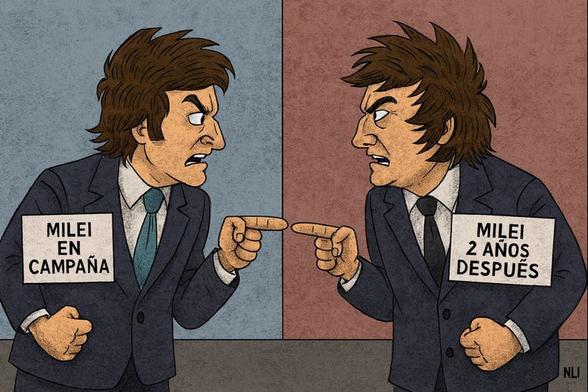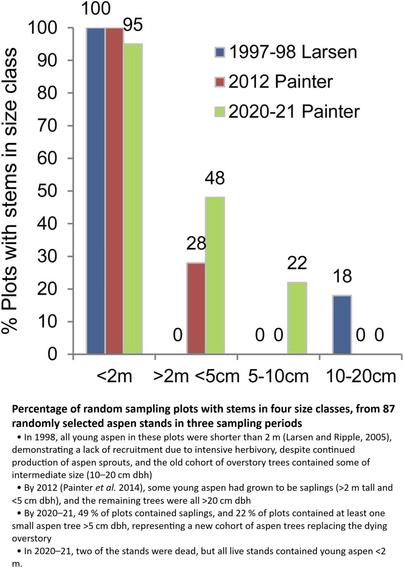Mindful Practices for Chronic Pain Relief and Emotional Wellness
Photo by Keenan Constance on
Pexels.comChronic pain manifests in various forms, complicating life and diminishing joy. Whether stemming from autoimmune diseases, arthritis, fibromyalgia, or other chronic conditions, it not only impacts physical health but also has profound emotional and psychological effects that can lead to feelings of isolation and hopelessness. This multifaceted experience often challenges our daily routines, leading individuals to navigate a world that frequently seems unforgiving. To counteract these struggles, embark on a gentle meditative journey that encourages us to fully experience the body as it is, without judgment, and to cultivate awareness of our inner sensations and emotional states. By incorporating techniques such as mindfulness and visualization, we can ease our pain through the transformative power of gratitude, fostering a deeper connection with ourselves and nurturing resilience amidst adversity.
Body Scan
A body scan incorporated into meditation can be a gentle way to ease chronic pain, offering a pathway to greater mindfulness and enhanced body awareness. As we embark on a body scan, we lovingly direct our attention to various parts of our body, acknowledging sensations or tension without judgment. This compassionate practice allows us to recognize and alleviate the anxiety and stress that often accompany chronic pain, paving the way for a more peaceful experience. By embracing relaxation, we help to release muscle tension and foster a deeper connection with ourselves, empowering us to manage our pain responses more effectively. As we cultivate acceptance and compassion towards our pain, we may discover a reduction in discomfort and an uplift in our overall well-being.
Photo by Elina Fairytale on
Pexels.comVisualization
Visualization in meditation can be a powerful ally in easing chronic pain, as it fosters a gentle mental picture of relaxation and healing, potentially transforming the way we experience pain. By engaging in focused imagery, we can nurture our minds, leading to a reduction in stress and an increase in the release of endorphins, the body’s natural pain relievers. This calming approach allows patients to create a distance from their discomfort, offering a renewed sense of control over their pain management journey. Moreover, visualization techniques can deepen mindfulness, empowering individuals to navigate their pain more effectively by reshaping emotional responses and alleviating anxiety tied to chronic conditions.
Affirmation
Affirmations like: I am in control of my body; Each breath brings me healing and relaxation; Pain is a temporary experience; I am strong and resilient; I embrace comfort and release tension, can genuinely transform how we perceive chronic pain by nurturing a sense of empowerment and mindfulness. By regularly uttering these gentle affirmations, we can forge a deeper bond with our physical sensations and emotional states. This nurturing practice invites a shift from seeing pain merely as an enemy to acknowledging it as a part of their unique journey, fostering personal growth and resilience. Furthermore, embracing the transient nature of pain can cultivate a profound appreciation for moments of relief, ultimately enhancing one’s overall well-being. In the end, such affirmations help to create a compassionate mental space where hope and positivity can blossom, leading to improved coping strategies and a more fulfilling life, even amid the challenges of chronic pain.
Gratitude
Photo by Summer Stock on
Pexels.comThese tools offer unique ways to navigate the challenges of chronic pain, allowing glimmers of hope to shine through the clouds of distress we may face each day. I can personally empathize with how challenging it can be to cultivate gratitude during flare-ups. When caught in the grip of intense pain that lasts for hours, days, weeks, or even longer, it feels nearly impossible to foster a sense of thankfulness. Yet, I’ve discovered that embracing gratitude can be a crucial aspect of coping with chronic illness over the long haul.
Expressing Gratitude in Coping with Chronic Pain
Daily expressions of gratitude can be a powerful tool for managing chronic pain, offering both emotional and psychological benefits. When we take the time to acknowledge and appreciate the positive aspects of our lives, we effectively shift our focus away from pain and discomfort. This shift can create a sense of balance, allowing for moments of joy and contentment to emerge even amidst the challenges posed by chronic conditions.
Fostering a Positive Mindset
Gratitude encourages a positive mindset, which can significantly influence how we perceive and react to pain. By actively recognizing the things we are thankful for—be it supportive relationships, small victories, or moments of beauty in our daily lives—we create a mental buffer against negativity. This approach can lessen the impact of chronic pain symptoms and foster resilience, enabling us to navigate our circumstances with greater strength.
Enhancing Emotional Well-being
Chronic pain often comes with emotional burdens, such as frustration, sadness, and isolation. Practicing gratitude can counter these feelings by anchoring us in a place of appreciation and hope. Frequent acknowledgment of what we are grateful for helps to rewire our internal dialogue, promoting feelings of empowerment and control over our life experience. This emotional shift can lead to reduced anxiety and an overall enhanced sense of well-being.
Building Connections
Photo by Thirdman on
Pexels.comExpressing gratitude can also strengthen social connections. When we share our gratitude with others, we open up opportunities for connection and support. This network can be vital for individuals dealing with chronic pain, as it fosters a sense of belonging and understanding. Engaging with empathetic friends, family, or support groups can enrich our coping strategies and provide avenues for sharing experiences and feelings.
Cultivating Mindfulness
Incorporating gratitude into our daily routine encourages mindfulness, prompting us to be present in the moment. This practice allows us to observe our thoughts and feelings about pain without judgment. By integrating gratitude moments into mindfulness exercises, we can deepen our awareness of both our pain and our capacity for joy, creating a holistic approach to managing chronic pain.
Developing Resilience
Photo by Andrea Piacquadio on
Pexels.comFinally, gratitude cultivates resilience. By focusing on the positive aspects of our lives, we can better adapt to the challenges posed by chronic pain. This resilient mindset not only helps us endure difficult moments but also empowers us to explore solutions and treatments that enhance our quality of life. Embracing gratitude invites us to see beyond our present struggles and fosters hope for healing and growth.
Daily expressions of gratitude are a transformative practice for coping with chronic pain. By fostering a positive mindset, enhancing emotional well-being, building connections, cultivating mindfulness, and developing resilience, we can navigate our journey with greater clarity and strength, ultimately leading to a more fulfilling life.
https://open.spotify.com/episode/0aAbwS4h06BaL9GSyYlaQk?si=AdV1LU1yRh6bZ-18fzWp_A
Discover the beauty of resilience as you immerse yourself in this soothing guided meditation, thoughtfully designed to ease the physical and emotional burdens of chronic pain. Carry this sense of calm with you throughout your day, reminding yourself that you possess the inner strength and tools necessary to manage your pain. Thank you for dedicating this precious time to yourself.
Namaste.
#affirmation #awareness #balance #blessed #chronicIllness #chronicPain #chronicPainManagement #chronicPainRelief #emotionalWellness #experience #fibromyalgia #flow #gratitude #healing #health #holistic #holisticHealth #illness #lupus #managingPain #meditation #mentalHealth #mentalWellbeing #mentalWellness #mindful #moments #ms #pain #practice #spoonie #visualization

















